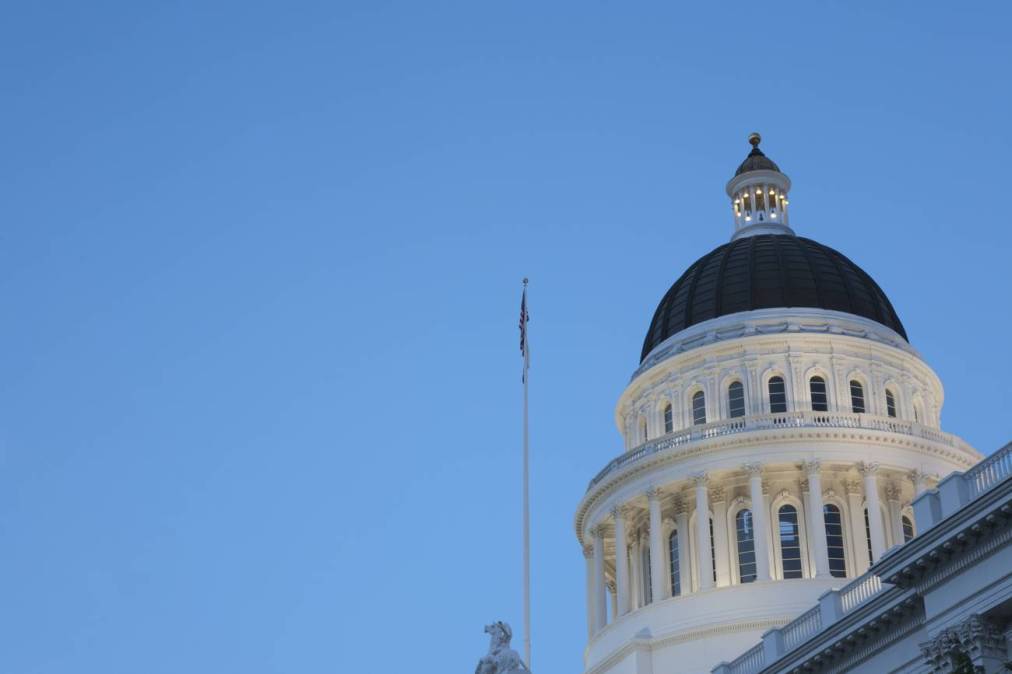California’s high-risk-AI bill projected to costs agencies millions, according to report

The California Senate Appropriations Committee released a report Friday outlining the potential fiscal impact of AB 1018, a high-risk artificial intelligence bill moving through the state legislature which could cost state and local agencies millions of dollars.
Known as the Automated Decisions Safety Act, or AB 1018, the legislation would set new rules for how artificial intelligence and other automated-decision systems are used in situations that significantly affect people’s lives, such as in the domains of housing, jobs, health care, credit, education and law.
The committee estimates state and local agencies could pay hundreds of millions of dollars annually in compliance costs, with major expenses tied to audits, staffing, training, notices, appeals and legal enforcement.
The California State Water Resources Control Board, which offered information on the potential fiscal impact of the legislation, said in the report that the bill is “vague, ambiguous, and could encompass many current tools used, like excel workbooks.”
“These tools are used broadly across Water Boards programs, and many are used to inform actions that could be considered consequential actions under the bill,” the report read. “To meet the bill’s AB 1018 provision, the State Water Board estimates significant cost pressures, likely in the millions of dollars per year.”
The State Controller’s Office projects that the bill would require more than $1 million annually in new staffing costs.
The University of California Health, the health care system for the state college system, would face more than $40 million in one-time costs and $24 million annually for “mandated audits, administrative processes, staff training, and system modifications,” according to the appropriations report. Agencies like the State Water Board, CalHHS, and the courts could also face ongoing expenses totaling the millions of dollars.
Other opponents of the legislation, including the Business Software Alliance, a global trade association that represents large technology companies like Microsoft, Oracle and Salesforce, the Software Information Industry Association, and the state’s Chamber of Commerce, have argued the bill’s broad scope would overwhelm organizations and stifle innovation.
The bill’s author, Rep. Rebecca Bauer-Kahan, said during a July hearing that the legislation is “critically important” to protect against AI bias and the harms it could cause to the public.






